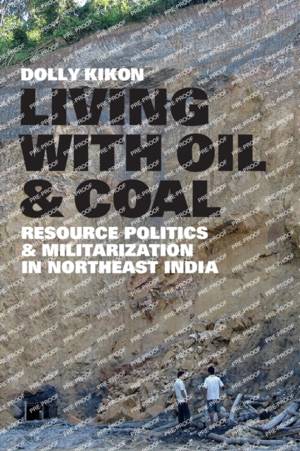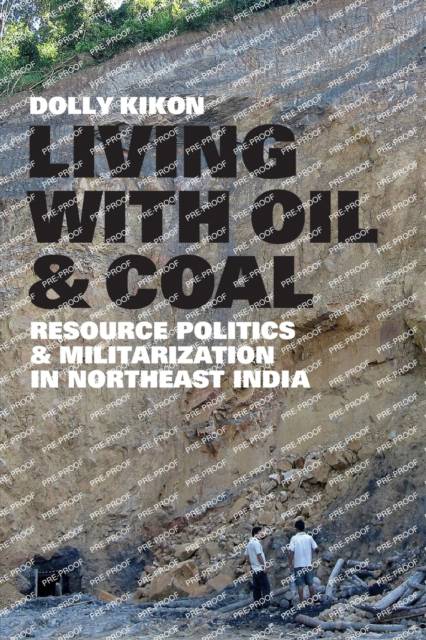
- Retrait gratuit dans votre magasin Club
- 7.000.000 titres dans notre catalogue
- Payer en toute sécurité
- Toujours un magasin près de chez vous
- Retrait gratuit dans votre magasin Club
- 7.000.000 titres dans notre catalogue
- Payer en toute sécurité
- Toujours un magasin près de chez vous
Description
The nineteenth-century discovery of oil in the eastern Himalayan foothills, together with the establishment of tea plantations and other extractive industries, continues to have a profound impact on life in the region. In the Indian states of Assam and Nagaland, everyday militarization, violence, and the scramble for natural resources regulate the lives of Naga, Ahom, and Adivasi people, as well as migrants from elsewhere in the region, as they struggle to find peace and work.
Anthropologist Dolly Kikon uses in-depth ethnographic accounts to address the complexity of Northeast India, a region between Southeast Asia and China where boundaries and borders are made, disputed, and maintained. Bringing a fresh and exciting direction to borderland studies, she explores the social bonds established through practices of resource extraction and the tensions these relations generate, focusing on peoples' love for the landscape and for the state, as well as for family, friends, and neighbors. Living with Oil and Coal illuminates questions of citizenship, social justice, and environmental politics that are shared by communities worldwide.
Spécifications
Parties prenantes
- Auteur(s) :
- Editeur:
Contenu
- Nombre de pages :
- 204
- Langue:
- Anglais
- Collection :
Caractéristiques
- EAN:
- 9780295743950
- Date de parution :
- 15-04-19
- Format:
- Livre broché
- Format numérique:
- Trade paperback (VS)
- Dimensions :
- 152 mm x 226 mm
- Poids :
- 317 g







